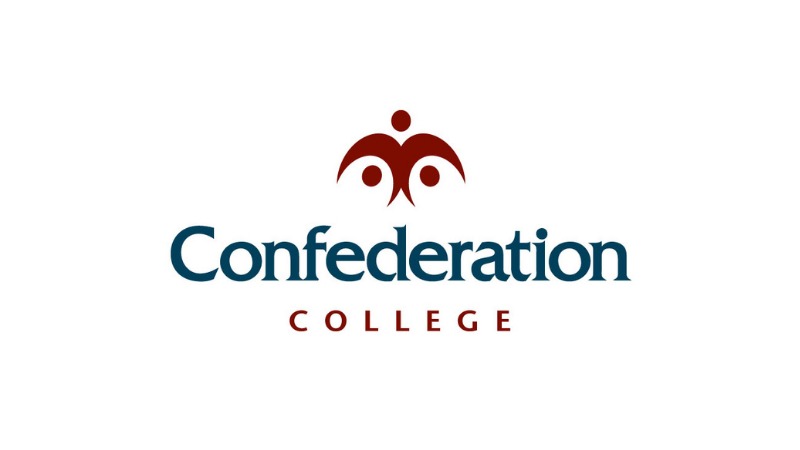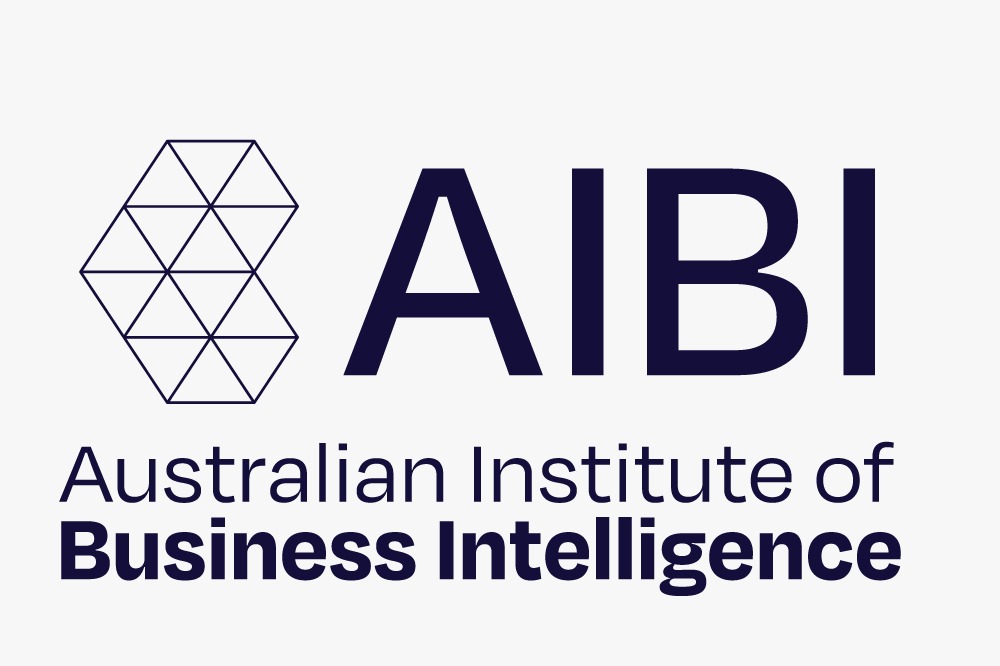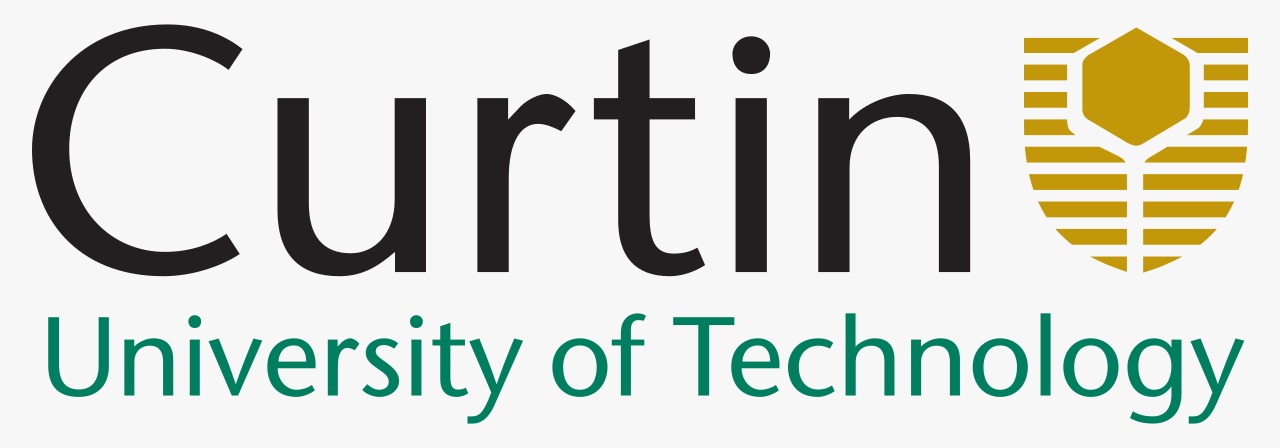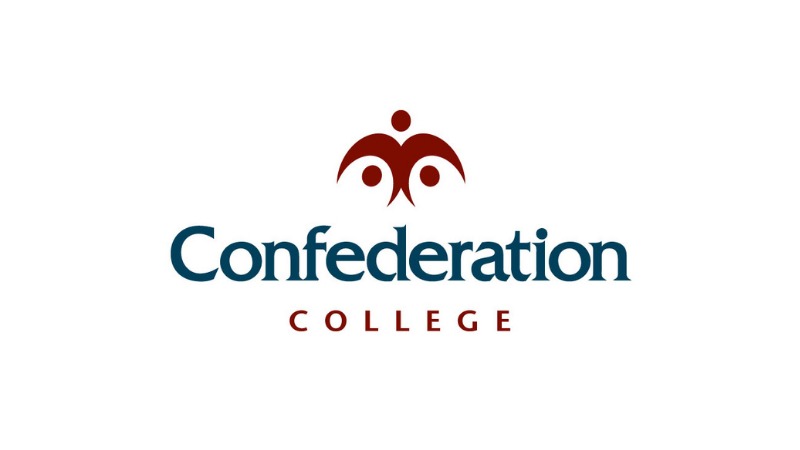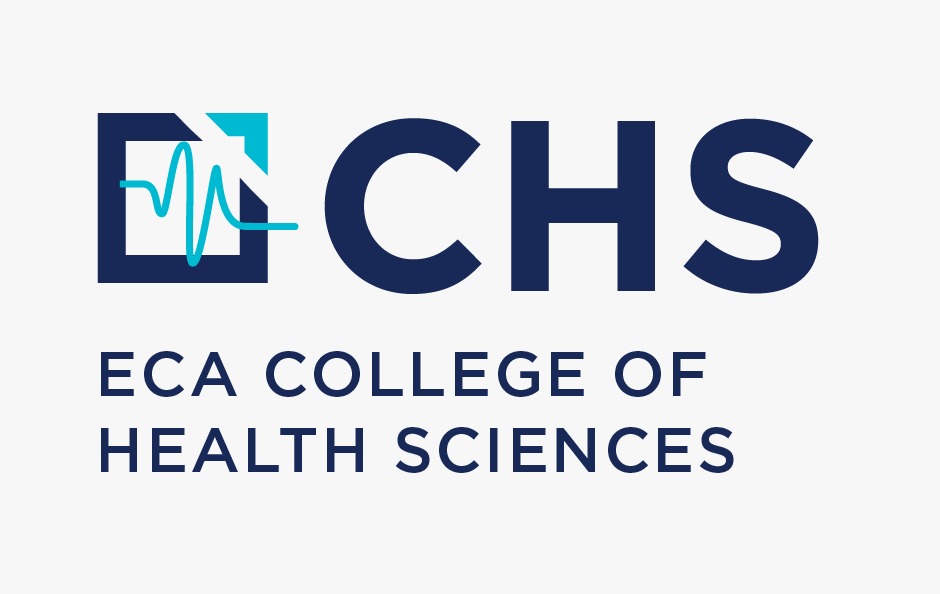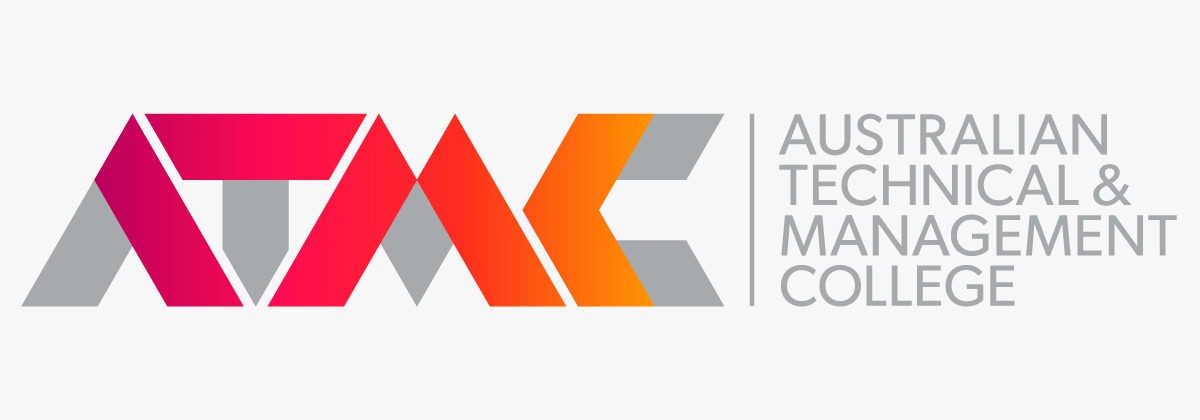Study in Germany - World-Class Education
Experience tuition-free education and innovation in the heart of Europe.

Why Study in Germany?
Germany offers tuition-free education, world-class universities, and a hub for innovation and culture.
Tuition-Free Universities
Public universities charge no tuition fees
Engineering Excellence
Top programs in engineering and technology
Cultural Hub
Vibrant cities like Berlin and Munich
EU Opportunities
Degrees recognized across the European Union
Top Universities in Germany
Partner with Germany's leading institutions offering diverse programs
Berlin School of Business and Innovation
Innovative business education in Berlin
GISMA Business School
AMBA-accredited Global MBA programs
University of Europe for Applied Sciences
Diverse MBA and tech programs
Technical University of Munich
Top-ranked engineering institution
Humboldt University of Berlin
Historic research institution
Ludwig Maximilian University of Munich
Leading research university
Popular Programs in Germany
Explore high-demand programs in Germany's top universities
Engineering & Technology
Mechanical, Electrical, and Computer Engineering
Business & Management
International Business, Finance, and MBA programs
Sciences & Research
Physics, Biology, and Environmental Sciences
Study Levels in Germany
Germany's education system offers pathways for all academic levels
Undergraduate
Bachelor's Degrees (3–4 years)
- High school diploma or equivalent
- English or German-taught programs
- Tuition-free at public universities
Graduate
Master's & PhD Programs
- Bachelor's degree required
- English-taught master's programs
- Research-focused PhDs
Short-Term Programs
Summer Schools & Language
- German language courses
- Summer schools in STEM and culture
- Pathway to degree programs
Cost of Study in Germany
Tuition Fees
- Undergraduate (Public) $0 (semester fees ~$200–$400)
- Master's (Public) $0 (semester fees ~$200–$400)
- Private Universities $5,000–$20,000/year
Living Expenses
- Accommodation $4,800–$7,200/year
- Food & Groceries $2,400–$3,600/year
- Transportation $600–$1,200/year
- Health Insurance $1,200–$1,500/year
- Total Estimate $10,000–$15,000/year
Scholarships & Financial Aid
Available Funding Options
-
DAAD Scholarships
Full or partial funding for international students
-
Deutschlandstipendium
Merit-based support for talented students
-
Erasmus+ Funding
Support for exchange and joint programs
-
University-Specific Scholarships
Funding opportunities from individual institutions
Our Scholarship Success
Our students secured over $600,000 in scholarships last year. We guide you to the best funding opportunities.
Visa Process for Germany
Student Visa Requirements
-
1Admission letter from a German university
-
2Proof of financial resources (~€11,208/year)
-
3Valid passport
-
4Health insurance coverage
-
5Application via German embassy or consulate
Our Visa Success Rate
Our visa experts provide complete documentation support and application guidance.
Work Opportunities in Germany
During Studies
-
Part-Time Work
Up to 20 hours/week (120 full days/year)
-
Internships
Paid internships in engineering and business
-
Full-Time During Breaks
Work full-time during scheduled breaks like summer vacation
After Graduation
-
Job Search Visa
18-month visa to seek employment
-
EU Blue Card
Work permit for skilled professionals
Germany has one of the most favorable post-study work policies in Europe, allowing graduates to stay for up to 18 months to find employment.
Application Process for German Universities
Our step-by-step guidance ensures a smooth application journey
Program Selection
We help you choose English or German-taught programs based on your goals.
Application Preparation
Prepare transcripts, recommendation letters, and language tests (e.g., TOEFL/IELTS or TestDaF).
Application Submission
Submit applications via uni-assist or university portals.
Visa Application
Apply for a student visa with financial proof and admission letter.
Pre-Departure
Orientation, accommodation, and travel arrangements for your German journey.





